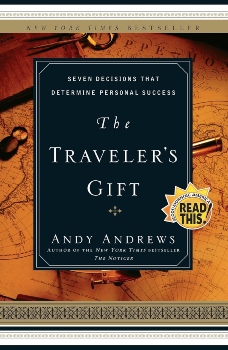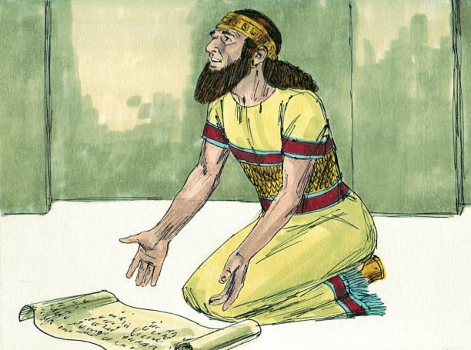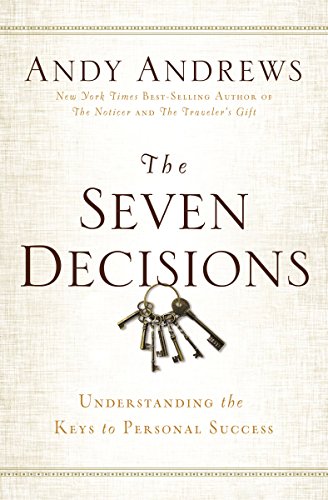It’s Nice When Our Team Wins
The 2024 Summer Olympics are just around the corner. The Olympics are a sports fan’s dream come true. There are all kinds of different sports to watch. You can root for your favorite team and/or individual as the competition proceeds.
We like it when our team wins. Not so much when they lose.
I grew up playing basketball on our church’s league team. I watched sports, went to games, and enjoyed it.
Then, somewhere along the way, I would find myself getting upset when the team I was rooting for lost. It would affect how I acted and treated others.
This is when I began watching motor sports and became a big NASCAR fan. I’ve thought about this over the years, trying to figure out why I didn’t get as upset watching racing as I did when I was watching other sports.
The conclusion I came to was that even if the driver I’m cheering for doesn’t win, I still find things that I can celebrate.

For example, in this past week’s race, the driver I wanted to win didn’t…he finished second in a field of thirty-seven. Not bad. He also finished first in stage two and got stage points. That’s good.
Even though the driver that won the race wasn’t my first pick, I like him as a driver. And his dad used to be one of my favorite drivers. That’s good.
Then my favorite team also had a good day, with three of their four cars finishing in the top twelve. One finished twenty-seventh with a blown motor, but even with the motor expiring, there were ten cars that finished after him.
So, what does it mean to be on the winning team?
This answer is going to be different for everyone.
Psalms 1 and 2 are the introduction to the rest of the book. Last week, we talked about how Psalm 1 shows us that we have a choice. We can choose good, or we can choose evil.
This week in Psalm 2, we see an illustration of what good and evil look like and what the rules are.
Just like there are rules in sports, there are rules in life.

Much of the time people see these rules as restrictive, like being chained down. A lot of people see budgeting the same way. They feel like it limits what they can do.
With both rules and budgeting we are given a clear direction of what we can expect and what’s expected of us.
In Psalm 2, it’s evident which team—between good and evil—is going to win.
Unlike sports, in life, we get to choose which team we’re going to be on.
Winning is something that we strive for naturally. We want to be on the winning side.
This reminds me of something that was said in Andy Andrew’s book, The Traveler’s Gift. In chapter eight, David Ponder meets Abraham Lincoln.

They’re talking about the Civil War and who’s going to win. David askes the President, “Do you believe that God is on your side?”
Then after a little discussion the President answers,
“So your question was, ‘Do I believe that God is on our side?’ To be quite honest, I haven’t given that question very much attention. I am much more concerned with whether we are on God’s side.”
Andrews, Andy. The Traveler’s Gift: Seven Decisions that Determine Personal Success (p. 128).
Thomas Nelson. Kindle Edition.
Choose the right team and be on God’s side.
























